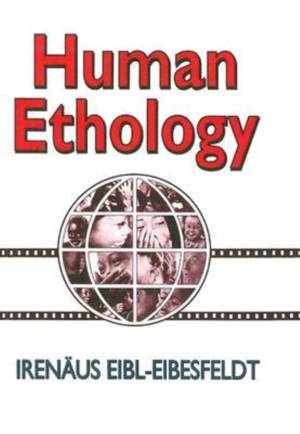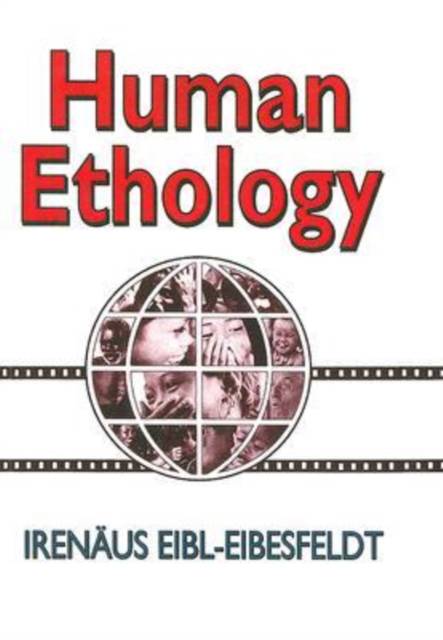
- Afhalen na 1 uur in een winkel met voorraad
- Gratis thuislevering in België vanaf € 30
- Ruim aanbod met 7 miljoen producten
- Afhalen na 1 uur in een winkel met voorraad
- Gratis thuislevering in België vanaf € 30
- Ruim aanbod met 7 miljoen producten
Zoeken
Omschrijving
With the discovery of conditioned reflexes by I. P. Pavlov, the possibilities for experimenting, following the example set by the classical, exact sciences, were made available to the behavioral sciences. Many psychologists hoped that the component parts of behavior had also been found from which the entire, multifaceted cosmos of behavior could then be constructed. An experimentally oriented psychology subsequently developed including the influential school of behaviorism.This first text on human ethology presents itself as a unified work, even though not every area could be treated with equal depth. For example, a branch of ethology has developed in the past decade which places particular emphasis on ecology and population genetics. This field, known as sociobiology, has enriched discussion beyond the boundaries of behavioral biology through its stimulating, and often provocative, theses.After vigorous debates between behaviorists, anthropologists, and sociologists, we have entered a period of exchange of thoughts and a mutual approach, which in many instances has led to cooperative projects of researchers from different disciplines. This work offers a biological point of view for discussion and includes data from the author's cross-cultural work and research from the staff of his institute. It confirms, above all else, the astonishing unity of mankind and paints a basically positive picture of how we are moved by the same passions, jealousies, friendliness, and active curiosity.The need to understand ourselves has never been as great as it is today. An ideologically torn humanity struggles for its survival. Our species, does not know how it should compensate its workers, and it experiments with various economic systems, constitutions, and forms of government. It struggles for freedom and stumbles into newer conflicts. Population growth is apparently completely out of hand, and at the same time many resources are being depleted. We must consider our existence rationally in order to understand it, but certainly not with cold, calculating reason but with the warm feeling of a heart concerned for the welfare of later generations.
Specificaties
Betrokkenen
- Auteur(s):
- Uitgeverij:
Inhoud
- Aantal bladzijden:
- 848
- Taal:
- Engels
Eigenschappen
- Productcode (EAN):
- 9780202309705
- Verschijningsdatum:
- 1/06/2007
- Uitvoering:
- Paperback
- Formaat:
- Trade paperback (VS)
- Afmetingen:
- 178 mm x 254 mm
- Gewicht:
- 1542 g

Alleen bij Standaard Boekhandel
+ 213 punten op je klantenkaart van Standaard Boekhandel
Beoordelingen
We publiceren alleen reviews die voldoen aan de voorwaarden voor reviews. Bekijk onze voorwaarden voor reviews.











